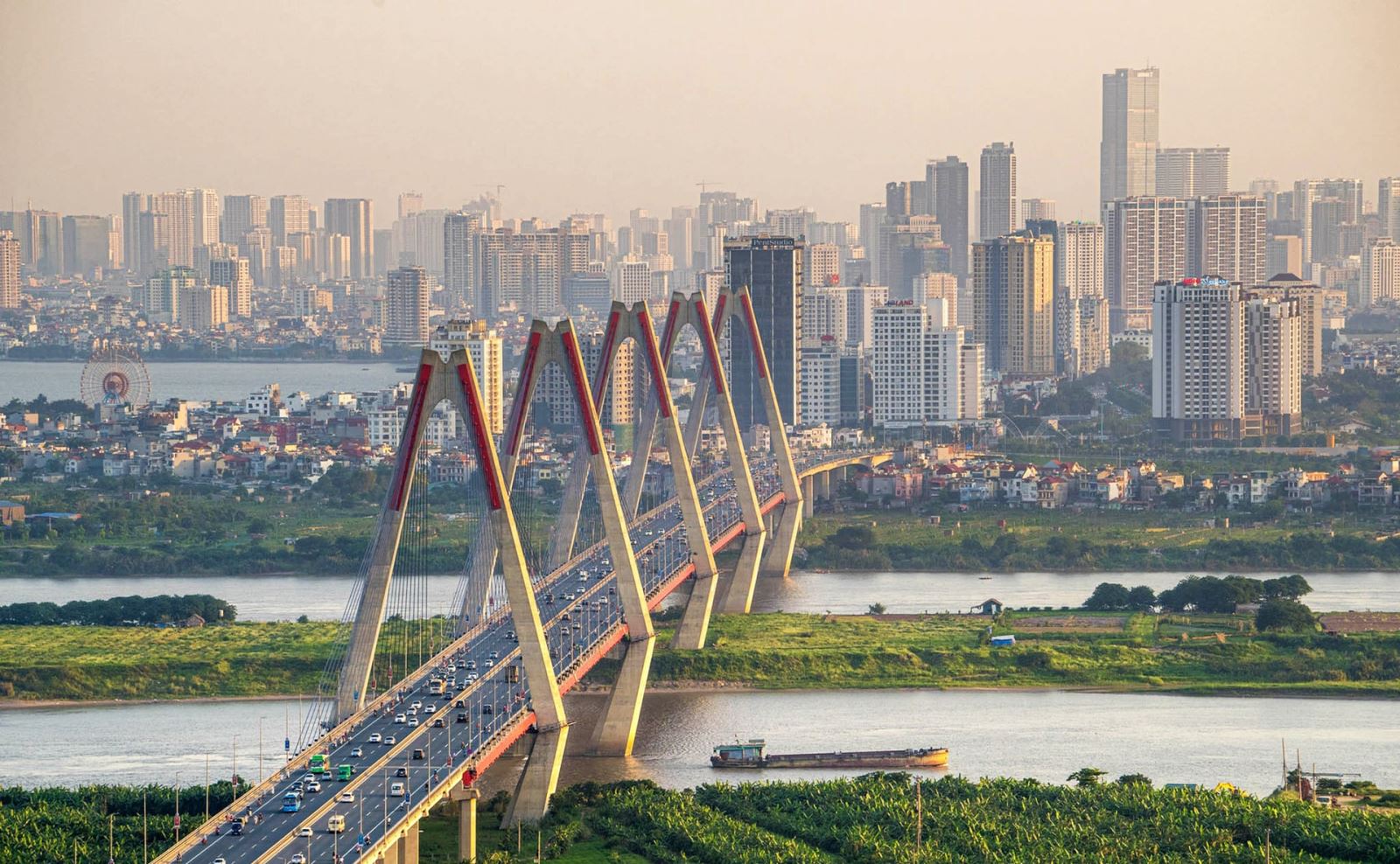According to many economic experts, increasing the special consumption tax on cigarettes with the aim of limiting consumption is necessary. However, if the tax is increased too quickly, it will inadvertently stimulate the outbreak of smuggled cigarettes, causing many negative consequences for the economy. Therefore, experts recommend that the Government consider the appropriate increase in cigarette tax, avoid causing shock, and at the same time use a combination of measures to limit cigarette consumption, instead of relying solely on economic tools through tax increases.

"Weighing" appropriate tax increase options
At the meeting of the Government Standing Committee on corporate income tax, special consumption tax and management and investment of state capital in enterprises on August 20, Prime Minister Pham Minh Chinh emphasized that the draft Law on Special Consumption Tax (amended) has an impact on many industries, businesses and people. Special consumption tax is a tool to guide consumption, limit consumption of certain goods, but it needs to be suitable to the conditions and circumstances of Vietnam, harmonizing the interests of businesses and people, the State does not lose tax revenue; harmonizing the goals of promoting production, business, socio-economic development and the goals of limiting the negative effects from the consumption of these goods, protecting people's health... The Prime Minister also noted that the management should avoid being jerky, and have a suitable implementation roadmap so that relevant entities can prepare; tax adjustments must go hand in hand with promoting the fight against smuggling, tax evasion, etc.
According to the draft Law on Special Consumption Tax (amended) developed by the Ministry of Finance, in addition to the current tax rate of 75% on retail price, from 2026, cigarettes will be subject to an additional absolute tax increase in both options of 2,000 or 5,000 VND/pack and gradually increase by 1,000 or 2,000 VND/pack/year, ensuring to reach 10,000 VND/pack by 2030.
According to Mr. Hoang Van Cuong, member of the National Assembly's Finance and Budget Committee, the tax increase as proposed in the two draft options above may increase the tax rate in cigarette prices. For example, the current tax rate is about 36%, by 2030 it will be up to 59.4%, an increase of about 23%; meanwhile, consumption may decrease from the current 42.7% to 38% in 2030 (a decrease of 4%), thus, the tax increases by 23%, but consumption only decreases by 4%.
Meanwhile, according to calculations from PwC Vietnam, one of the four leading auditing firms in the world today, whether choosing option 1 or option 2, the retail price of cigarettes in 2030 will increase by an average of about 100%. In reality, when cigarette prices increase, consumers will tend to turn to smuggled cigarettes. Legal cigarette production may decrease by 40-45% while illegal cigarettes will increase at the same rate up to 45% (currently, the rate of smuggled cigarettes is about 12%).
Based on that, Ms. Dinh Thi Quynh Van, Chairwoman of PwC Vietnam Company, expressed her opinion that it is possible to consider extending the roadmap, after 2-3 years of increasing by 1,000 VND/bag, both consumers and manufacturers will have enough time to change their behavior, consumption habits and production and business activities towards switching to a higher-end segment, continuously improving product quality.
Comprehensive impact calculation
From the perspective of a tax consultant, Ms. Nguyen Thi Cuc, President of the Vietnam Tax Consultants Association, said that both options have an absolute tax rate plus 75% according to the relative tax rate, so the total mixed tax rate is still high and such an increase is relatively high compared to the previous roadmap, when Vietnam adjusted the tax from 2019. However, if having to choose one of the two tax increase options, Ms. Cuc commented that option 1 is more reasonable than option 2 because option 1 (75% + 2,000 VND/bag) has the advantage of increasing steadily every year instead of suddenly increasing like in option 2 (75% + 5,000 VND/bag).
In recent years, Vietnam has been able to meet a large part of its tobacco raw material needs. This is a great effort by the tobacco industry because in the past, our country had to import most of its tobacco fibers from abroad for production. For a long time, tobacco cultivation has been one of the basic and sustainable livelihoods of farmers in areas with few options for crop products. When special consumption tax is imposed on tobacco, of course, production demand will decrease, leading to a decrease in input materials, thereby directly affecting these groups of people.
Therefore, local authorities with raw material areas also recommend that policy-making agencies study and have plans to shift production activities so that people can still ensure a good livelihood and not negatively affect their socio-economic life. For many years, tobacco farmers have signed long-term contracts with factories to stabilize output. If they suddenly switch to new products and cannot find an output for them, it will be a big challenge. Authorities at all levels should also develop a long-term plan to stabilize the lives of people in difficult areas, where family income depends largely on tobacco, while crop conversion is not easy.
In addition to the issue of growing areas, experts are also very concerned about the fact that a sudden increase in taxes will impact the situation of smuggled cigarettes, and once the number of smuggled cigarettes increases, it is very difficult to "turn back". In Vietnam, the smoking rate among low-income groups is the majority, when the retail price of cigarettes increases, it will invisibly push consumers to seek illegal sources of cigarettes and the Government's goal of limiting cigarette consumption will not be achieved.
In Malaysia, which has similar conditions to Vietnam in terms of access to smuggled cigarettes, controlling smuggled cigarettes is also difficult due to the complex terrain and borders. Immediately after the tax increase in 2015, smuggled cigarettes in this country increased to more than 63% of the market share and even though the tax did not increase, the situation did not improve because people who use smuggled cigarettes have become a habit and find it difficult to return to using legal cigarettes.
Experts agree that increasing the special consumption tax on tobacco, aiming to limit the consumption of this product, is necessary. However, if the increase is sudden, it will potentially cause many consequences for the socio-economy, the State will lose tax revenue, legitimate businesses will have to struggle to compete with illegal products floating on the market, workers will lose their jobs, growing areas will be narrowed, causing instability in social security for farmers, etc. Therefore, management agencies and policy makers need to study and calculate an appropriate increase to ensure stability for social life.
Source































Comment (0)